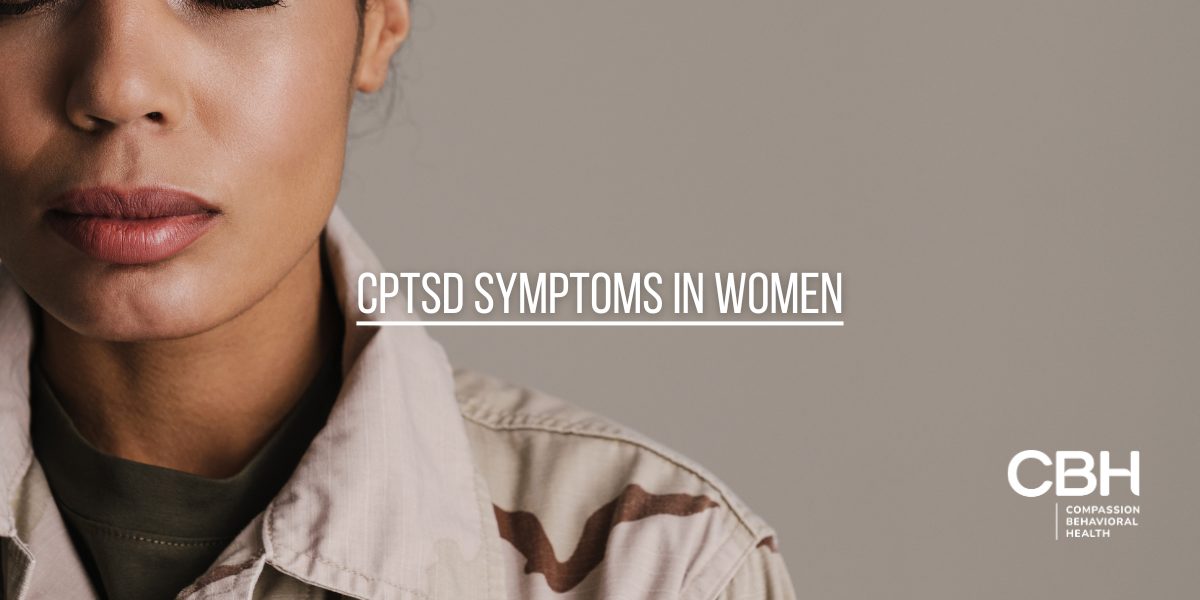According to the Centers for Disease Control and Prevention (CDC), approximately 4.4 million children ages three to seventeen have been diagnosed with anxiety in the United States. 1.9 million have been diagnosed with depression. 13 percent of children ages five to fifteen will experience at least one “severe mental disorder” during their life,” according to The National Alliance on Mental Illness (NAMI).
Many factors can affect a child’s mental health, including family history, environment, and healthcare access. Given the prevalence of mental health issues in young people, we must familiarize ourselves with the warning signs and have open, frank, age-appropriate discussions with our children.
Identifying signs of mental illness in kids
There are many warning signs that a child may be experiencing depression, anxiety, or another serious mental health disorder. Behavioral changes are often the best indicators, especially if they last more than a couple of months. It can be challenging to discern in preteens and teenagers because they are in the midst of puberty and all the fluctuating hormones and mood swings that go along with it. However, these red flags still shouldn’t be ignored.
Behavioral changes
- Restlessness and agitation
- Acting out/ tantrums
- Lack of enthusiasm, energy or motivation
- Forgetfulness and lack of concentration
- Withdrawing from friends and activities
- Dropping grades or frequent school absences
- Substance abuse
- Changes in eating or sleeping patterns
Physical changes:
- Rapid weight gain or loss
- Fatigue
- Frequent headaches and body aches
- Stomach issues
- Hair loss
Parents need to be on the lookout for signs of self-harm- both physical and emotional. Skin picking and hair pulling are often involuntary reactions to stress and anxiety. Many kids are often intentional in their self-harm, cutting, hitting, or biting themselves. Emotional self-harm is often harder to detect and can come in the form of negative self-talk or expressing feelings of worthlessness.
How parents can discuss mental health with their children
Many parents and caregivers often find themselves at a loss when discussing mental health with their kids. It’s a heavy topic, but there are effective ways to present information and break it down to an age-appropriate level.
For very young children, it’s important to help them learn how to identify their feelings. Putting words to what they are experiencing emotionally and naming the emotion can help them verbalize how they feel as they get older. Teaching kids how to identify emotions from an early age can also reduce frustrations and help them learn how to regulate themselves effectively.
Visual aids are great to use at this stage to help young children develop vocabulary. Books, favorite television shows and movies, and even emojis on devices like smartphones and tablets can be used as tools to help put labels on feelings. For example, if a character in a show or a movie is unhappy, saying something like “Bob looks really sad because he can’t find his toy” can help kids learn how to connect facial expressions with emotions.
From middle school and beyond, older children have most likely heard of some mental health conditions such as anxiety and depression. It’s ok to ask them what they know about a particular condition and if they understand what it means. You can also ask them if it’s something that they have ever experienced. It’s ok to ask questions even when you think there’s nothing wrong. They may push back at times because that’s what teenagers do, but often just asking about their day can open the door for a meaningful conversation.
Teenagers often have a hard time figuring out how they can talk to adults about mental health. They may feel embarrassed or be afraid to worry their parents. It’s important when having these conversations to listen as much as you speak. Kids want answers, but they also want to feel heard and validated rather than minimized or judged.
Every child is unique; some may handle more mature conversations at a young age, while some older kids may not grasp certain concepts. Parents and caregivers know their child best, and they can discern what information their child can handle.
Let your child know it’s ok to talk about mental health
Kids can pick up on infection and tone. It’s hard as a parent or concerned adult not to worry, but neutralizing your tone can go a long way when talking with teenagers, who will quickly be turned off if they sense they are being judged.
Children model what they see and emulate the adults in their life. They watch how we express and manage our emotions and model their behavior after us. That’s why it’s also important to send a clear message that it’s ok to express themselves and have healthy communication about what they’re feeling. When kids see parents unable to control their emotions, they will likely follow suit.
Seeking help
It’s normal for kids, especially teenagers, to experience emotional ups and downs. It’s also normal for them to experience negative emotions, especially during tumultuous times.
When these symptoms become severe, last more than a few weeks, or start interfering with daily life, parents should consider speaking with a clinician and getting their child a mental health screening. With a solid, evidence-based treatment plan, mental health issues can be managed successfully.
If you decide to seek treatment for your child, it’s essential to be honest with them about it. Explain why you’re asking for help and how it can benefit them. Let them voice their concerns, or if they’re older, have them write down what they would like to get out of it.
Often, kids will open up to a stranger rather than an adult close to them, and sometimes the opposite is true. A child may refuse to participate in or even get in the car to go to therapy appointments. In these cases, a mental health provider can still work with parents to help strategize and give them tools to use at home until their child feels comfortable enough to attend a session. If your child is struggling, please contact Compassion Behavioral Health to speak to one of our counselors.



